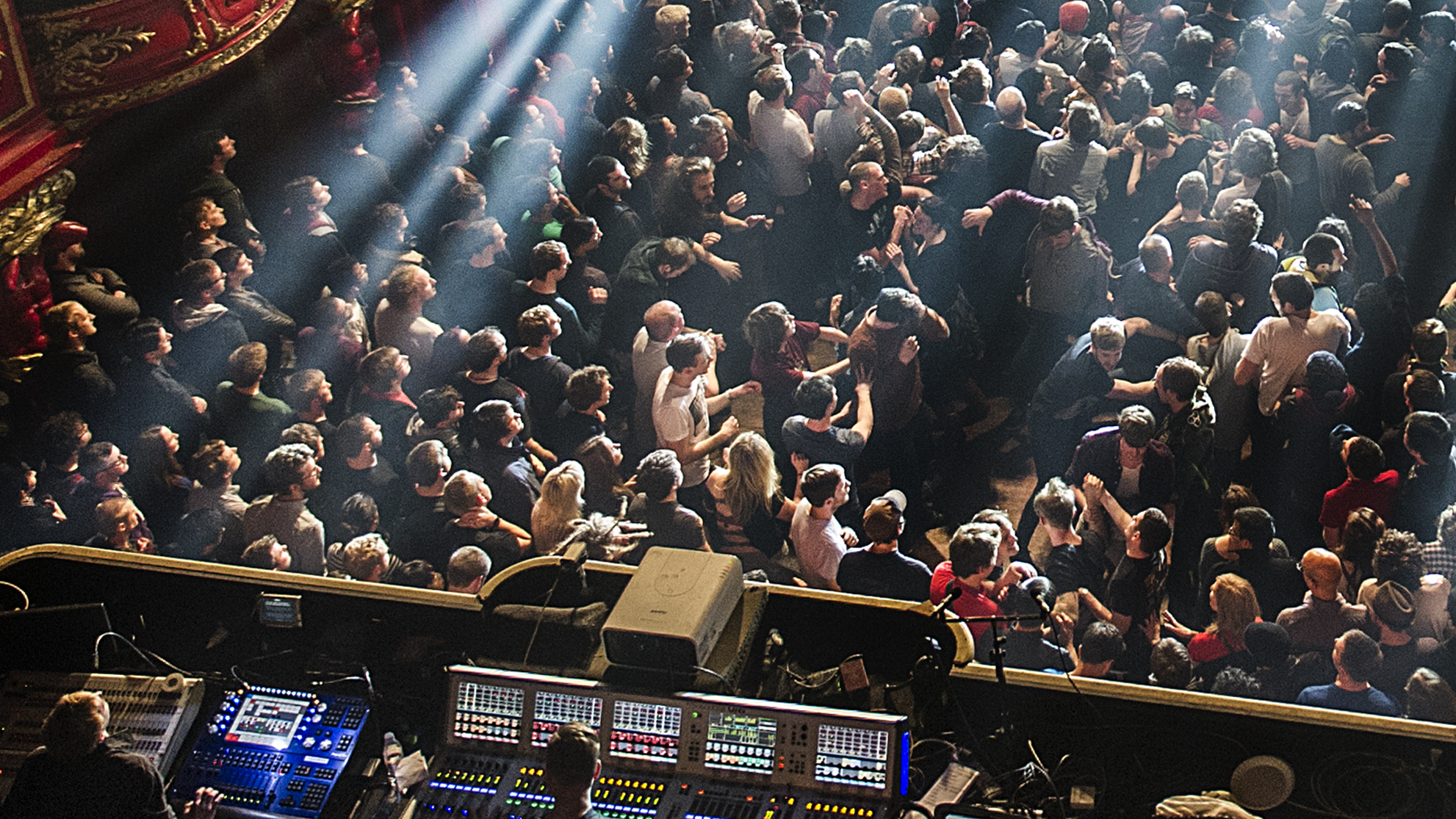“This piece was recorded at the start of ’71. That’s 1871!” jokes Brian Gulland as he announces Kemp’s Jig, referencing the decades since Gryphon’s self-titled debut album. The piece actually dates back to the 1500s – their oft-mentioned title of ‘Prog Medievalists’ is something of a misnomer – and demonstrates the band’s special way of reanimating the past, using the structures of traditional folk songs and renaissance compositions as a jumping off point.
After reforming for a one-off concert at the Queen Elizabeth Hall in 2009 and playing some live dates in 2015, the group now have a new agent and are stepping up their activities. While founder member Richard Harvey has left the band, he’s been replaced by Keith Thompson, another gifted winds player.
Because little of the group’s music from the 70s was written down, it has been rearranged for the current six-piece line‑up. The intricate dance rhythms of pieces like the medieval Estampie are ripe for embellishment, and Gryphon play with ebullience and virtuosity, navigating some knotty time changes with ease. It sounds both as old as the hills and as fresh as the proverbial mountain stream.
What strikes you most are their rich timbral combinations and voicings, with much changing of instrumental combinations involving Gulland’s earthy bassoon and nasal crumhorn, Thompson’s recorder and flute, and Graham Preskett’s violin and keyboards. Graeme Taylor’s acoustic guitar and Rory McFarlane’s bass are so tight they sound like one instrument, while drummer Dave Oberlé favours melodic patterns and rhythmic punctuation over rock grooves, and cuts loose with some flamboyant figures on Ethelion.
- EXCLUSIVE: Watch the Prog Awards in full!
- Gryphon to continue without Richard Harvey
- Prog Quiz: True or False?
- The best prog vinyl releases you can buy this month
Second Spasm and Checkmate were partly inspired by listening to the likes of Yes and Genesis in the 70s. Both are complex kaleidoscopes of melody, the latter with lyrical bassoon from Gulland.
The encore – a medley of “all sorts of different things slung together”, Oberlé informs Prog later – is a delight. It’s a mix of ancient and modern, with Gryphon’s early music sensibilities brought to bear on ragtime, French café music, snatches of Gershwin and a jazz-infused ending with Gulland on trombone – all of which suggests they still have new ground to cover.

